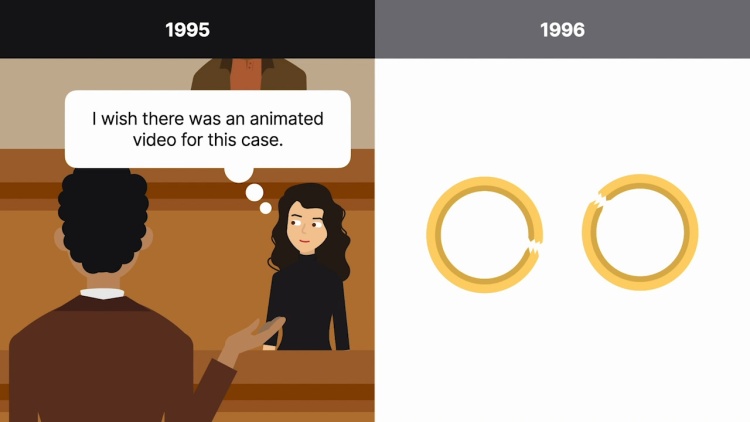Cox v. Cox
Superior Court of New Jersey
762 A.2d 1040 (2000)
- Written by Brittany Frankel, JD
Facts
Margaret Cox (plaintiff) married Harry Cox (defendant) in 1977. The couple enjoyed a nice standard of living, in part due to Harry’s employment as a crane operator, which yielded a yearly salary of $120,000. The couple had one child, Heather. Margaret was a stay-at-home mom until Heather reached the first grade, at which time Margaret began working part-time. In 1989, Margaret went back to school and earned her undergraduate degree. The couple separated in 1996. By 1998, Margaret had earned a law degree. Margaret’s legal education placed her $100,000 in debt, and she did not pass the bar on her first attempt. However, Margaret served as a judicial law clerk for one year and earned a salary of $30,000. Margaret did not live in the marital home, but rather rented an apartment that was closer to work. The trial judge found that Margaret and Harry had a long-term marriage and recognized the disproportion between Margaret’s and Harry’s incomes. The trial judge ordered Harry to pay Margaret $200 per week for five years in limited-duration alimony, which is alimony that is ordered for a limited period of time, typically for a certain number of years, and awarded to a supported spouse who had a short-term marriage. The trial judge wanted to give Margaret time to begin her career as an attorney. The trial judge also required that the couple reappear in two years to reevaluate the need for Margaret’s award. Margaret appealed.
Rule of Law
Issue
Holding and Reasoning (Carchman, J.)
What to do next…
Here's why 907,000 law students have relied on our case briefs:
- Written by law professors and practitioners, not other law students. 47,100 briefs, keyed to 996 casebooks. Top-notch customer support.
- The right amount of information, includes the facts, issues, rule of law, holding and reasoning, and any concurrences and dissents.
- Access in your classes, works on your mobile and tablet. Massive library of related video lessons and high quality multiple-choice questions.
- Easy to use, uniform format for every case brief. Written in plain English, not in legalese. Our briefs summarize and simplify; they don’t just repeat the court’s language.





